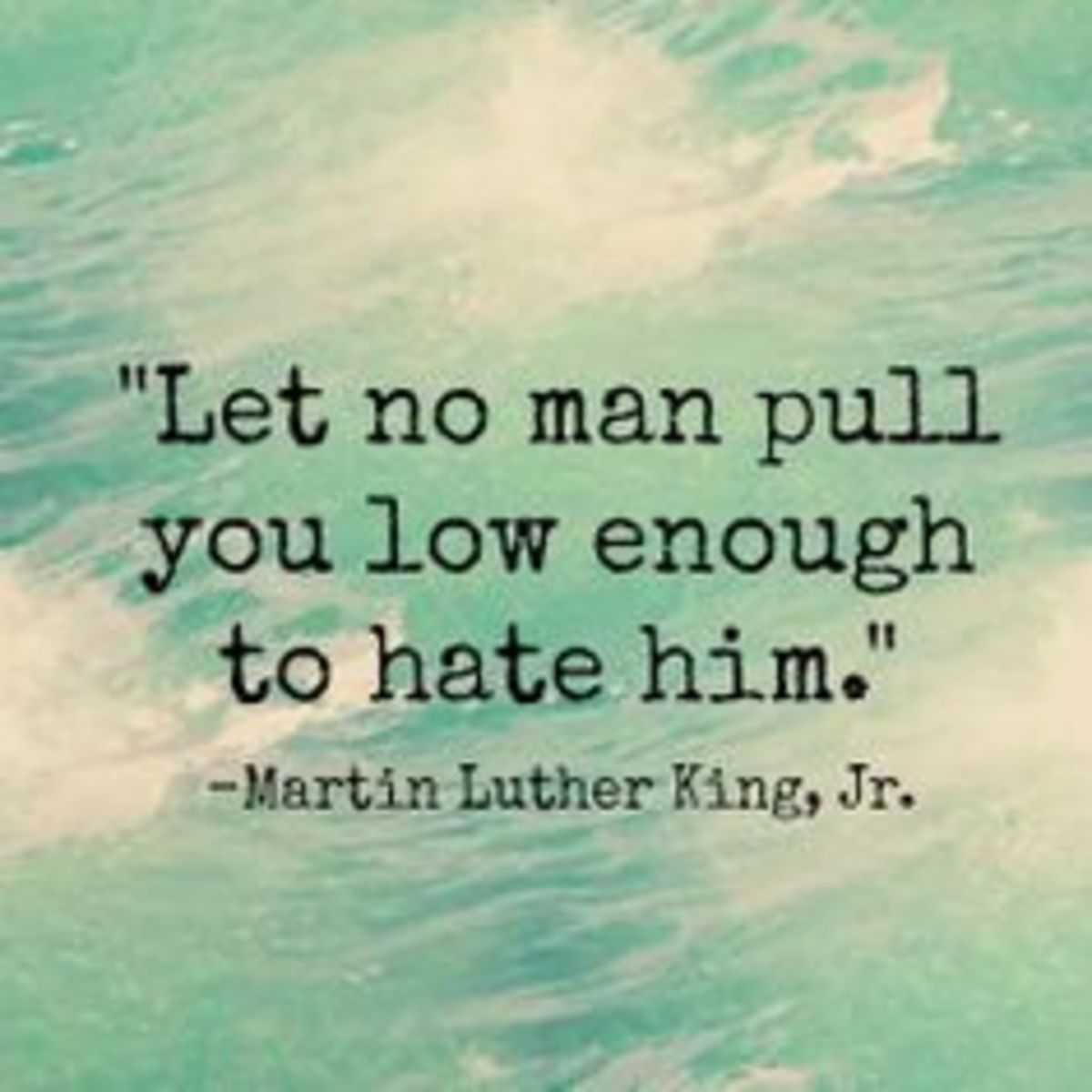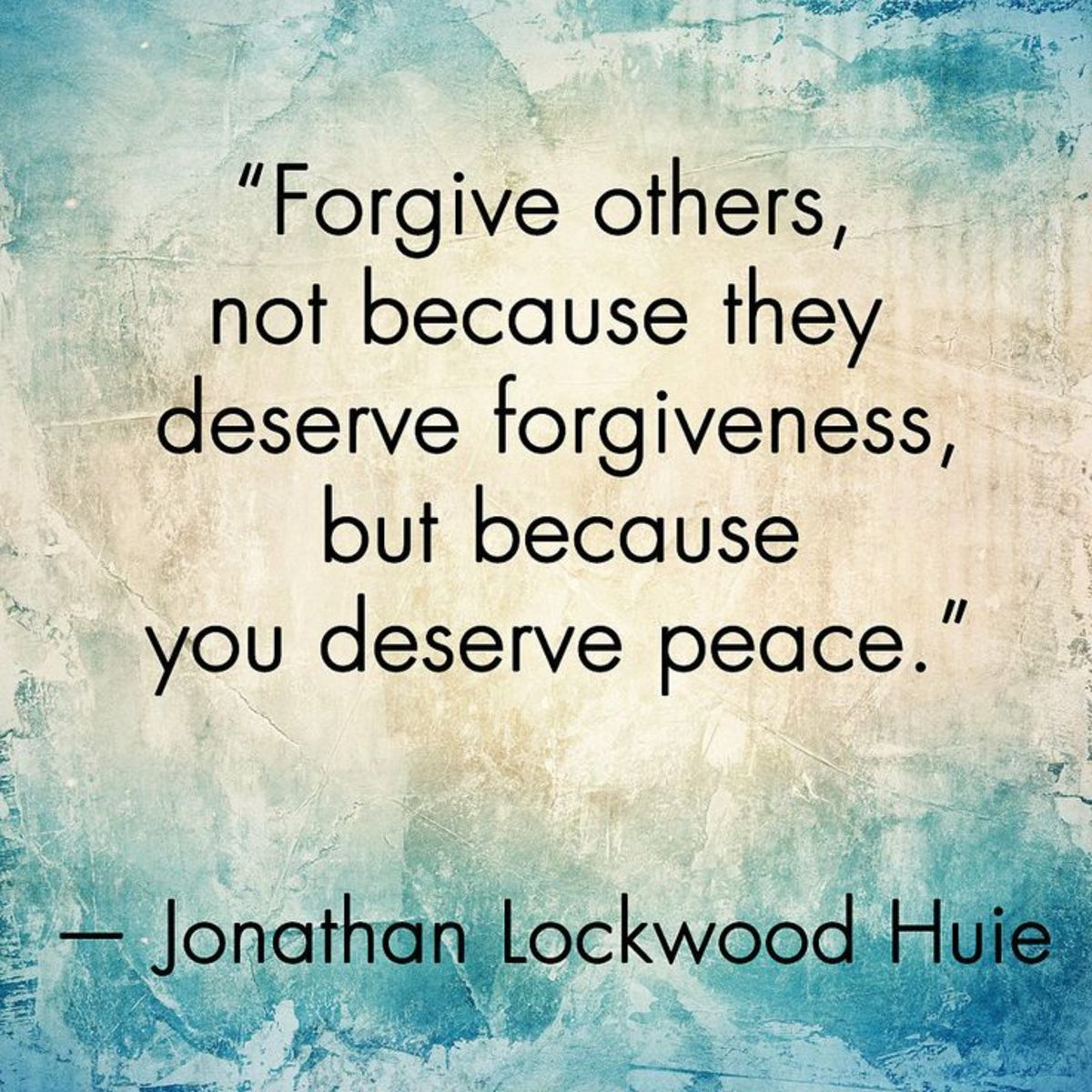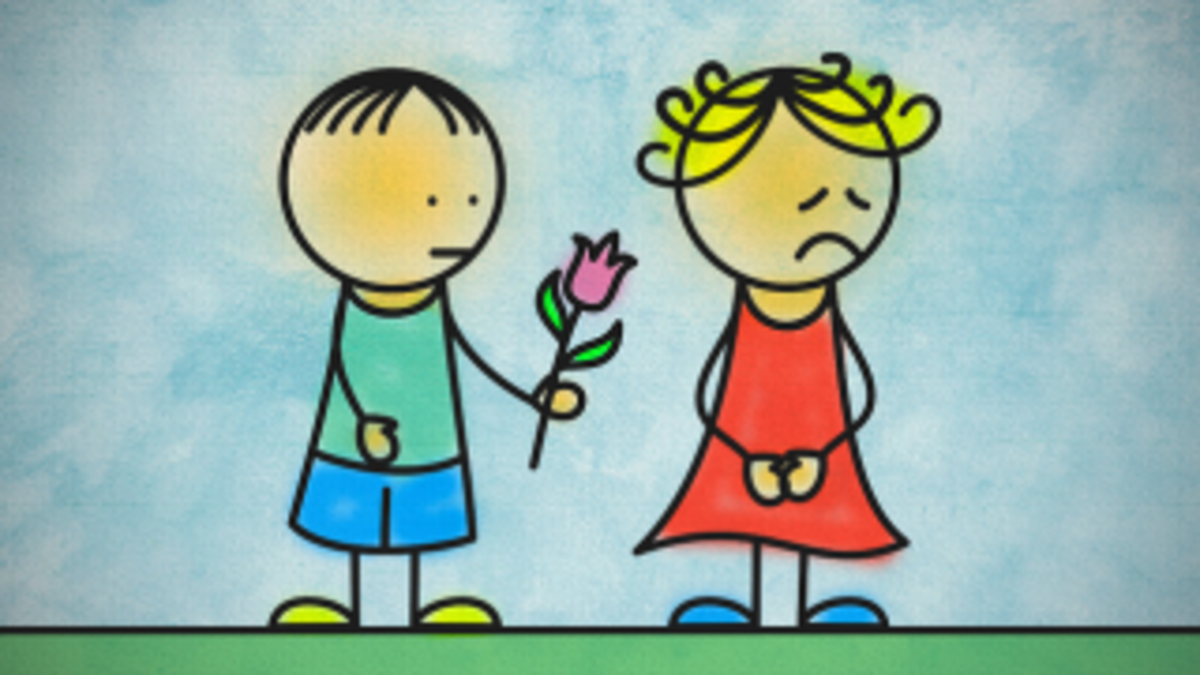Forgiveness: Should You?
by Kathy Batesel

Forgiveness is often touted as an essential ingredient for finding inner peace. People often proclaim that making the choice to forgive frees them from anger and resentments that interfere with their happiness. A deeper look at this culture of compassion reveals that pardoning others who have wronged you can do more harm than good.
When others hurt or take advantage of us, the event can produce many emotions. We feel shocked, angry, and perhaps guilty if we believe we played a role in the painful betrayal. We may grieve because we’ve lost something in the relationship – trust, love, respect.
These negative emotions can alternate with tender, affectionate feelings we have toward the person who has done harm. Our inner conflict might leave us yearning to recapture what has been lost, and our minds begin a subconscious bargaining process. Our thoughts turn to “I’d forgive him if he’d change,” or “Everything was perfect until she did this. I don’t want to lose all that over one wrong step!”
This normal process might seep into our consciousness, but then again, we may never notice our thoughts enough to become aware of what motivates us toward forgiveness. We understand intuitively that we want our relationship to return to the familiar state that existed before.
Do you have a lingering issue that interferes with your happiness today?
Will Forgiveness Fix a Relationship?
At this point, many opt to forgive the other’s transgressions. In doing so, they sometimes open a doorway to relationship problems that can be difficult, even impossible, to overcome.
Amber K. discovered that her husband had an affair while deployed overseas. Her initial response, “I’ll divorce him and take all he has!” gave way to “I’m not sure I want to leave and take my daughter’s daddy away from her life.” Over the course of just a few weeks, she declared, “I told him I forgive him. We’re going to get counseling when he returns.”
Unbeknownst to him, she logs into his e-mail account daily to review the messages he has sent or received. Despite her claim of having forgiven him, it’s clear that she remains distrustful. True forgiveness hasn’t taken place as long as she has fears that he’ll get involved with another woman. His betrayal will continue to overshadow their relationship until her fear is vanquished. She’ll continue to feel anxious about his devotion to her, and if he discovers her snooping, he will blame her and believe she lied about forgiving him.
Conversely, if she did forgive him completely and ignored the possibility that his behavior could be repeated, she’d be making herself vulnerable to unnecessary pain later on if he does have another illicit union.
Premature Forgiveness Leads to Symptoms of Depression and Anxiety
Nursing old wounds isn’t healthy. It produces an angry outlook that affects our quality of life and can eventually contribute to physical ailments like high blood pressure or depression, but putting ourselves in a position to be harmed again is equally damaging.
However, if we forgive someone prematurely, it can lead to anxiety and fear that another betrayal is just around the corner.
Consider these life-affecting symptoms of depression and anxiety:
Depression
| Anxiety
| |
|---|---|---|
Poor Concentration
| X
| X
|
Changes in Appetite
| X
| X
|
Changes in Sleep Patterns
| X
| X
|
Poor Motivation or Energy Level
| X
| X
|
Easily Fatigued
| X
| X
|
Irritability
| X
| |
Panic Attacks
| X
| |
Muscle Tension
| X
| |
"Blanking Out"
| X
| |
Others Notice Slower Responses or Agitation
| X
| |
Feeling Worthless or Guilty
| X
| |
Indecisiveness
| X
| X
|
Thoughts of Death or Suicide
| X
|
If you're currently experiencing a high number of these symptoms, please consider visiting with your doctor or a mental health provider. Depression and anxiety are directly related to premature death, so don't delay!
Have you ever experienced any of these symptoms because of a betrayal?
Case Study: Marriage Counseling After Infidelity
This couple has been through many years of ongoing infidelities. She wants a monogamous relationship. He's not so sure. Watch how this counselor addresses the topic by focusing on changes in behavior with no mention of forgiveness.
True Forgiveness
True forgiveness can only happen when the event no longer has the ability to generate fear or anger in our lives, and there is only one solution: Change.
If Amber’s husband changes his behaviors, the fear and anger will dissipate eventually. She’ll feel confident of his loyalty and devotion instead of anxiety. If she divorces him, an entirely different change will enable her to regain her confidence and look back on his behavior without resentment. The final possibility is that she could change her own outlook and decide infidelity is acceptable. Regardless, the emotional baggage from the trauma will not go away without first undergoing a change.
When we’re convinced our views are right and the other person hasn’t demonstrated lasting change, we cannot find a solution by offering forgiveness as a way of returning to normal. A better solution is to consider what kind of changes must take place in order to eliminate fear and anger over the event.
Forgiveness Isn't Something You Can "DO"
You cannot "will" yourself to forgive someone. It's true that letting go of hurts allows us to reclaim our lives and live healthier, but there's no way for this to happen in a genuine, permanent way until we feel safe and have no fear that we will be betrayed again in the same way.
Perhaps your partner didn't know he or she was crossing a line. Perhaps you didn't know that you even had a boundary until it was crossed! Either way, if you still feel resentment, hurt, or fear, it's vital to define the kind of change you need to see and allow time to take its course to provide the healing that lets us reclaim ourselves.
Focus on change. That change might involve your partner doing something differently, but it can also mean a change in our own attitudes. Sometimes both are necessary before a fresh meeting of the minds (and hearts) can take place.
In doing so, we’ll find more inner peace, better relationships, and above all, the kind of forgiveness that truly does release us from resentments that can dampen our happiness.








